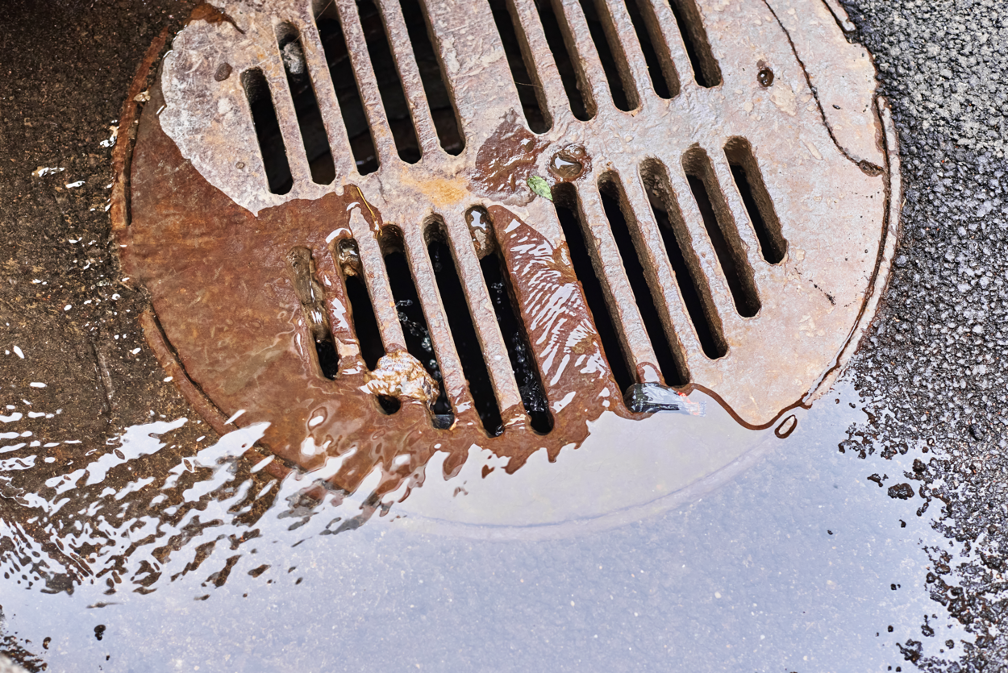Sewer line rodding is a process where a strong and flexible metal cable is inserted into your sewer pipes to remove blockages like tree roots, stubborn grease, or other junk. This technique effectively clears clogs and ensures your home’s wastewater flows smoothly to where it is supposed to go.
Below, this sewer line rodding contractor in Wilmette, Illinois is going to discuss some of the key things homeowners should know about this service — including how often it’s necessary, how to tell when it’s time for a service, and why it’s important for your home’s plumbing system.
How does sewer line rodding work?
First and foremost, your sewer line rodding contractor will locate the entrance to your sewer pipes or your sewer line’s “access point.” This is usually in your basement or somewhere outside on your property.
Once the contractor has found the spot, they will insert a cable into your pipes. At the end of this cable is a tool that disintegrates and displaces any blockages in the way — everything from hair to grease and even tree roots. Depending on the blockage, it is either broken down into smaller pieces that wash away to the main sewer, or it’s extracted when the cable is pulled back out.
Keep in mind that not all clogs are the same, so your sewer line rodding contractor in Wilmette, Illinois will need many different tools and techniques to deal with different situations. For example, cutting blades may be used to cut through tree roots, while other attachments are better suited for tackling grease or soap scum.
Why should you keep your sewer line clear?
Why should you keep your sewer line clear? Because a clogged sewer line can lead to all kinds of problems, including slow draining sinks, toilets making air noises, or whistling or hissing sounds — or, in the worst-case scenario, sewage backup into your home. These issues cost a lot to fix and can be serious health risks.
How often do you need this service?
In most cases, it’s recommended that you schedule a service with your sewer line rodding contractor in Wilmette, Illinois every 18 to 22 months. But it’s not the same for everyone — the timing can vary based on factors that are specific to your home. For example, older houses with outdated plumbing might need more attention more often. Similarly, if you have big trees surrounding your property, their roots might encroach on your sewer lines, meaning more frequent cleaning.
Another thing to consider is your home’s water usage. Homes with more occupants or multiple bathrooms will likely see clogs more often than in smaller homes and, may need more frequent rodding. When you know these details, you can come up with a sewer line rodding schedule that best fits your home’s unique situation.
How is regular sewer line rodding beneficial for your plumbing system?
One big reason to keep up with your sewer line rodding needs is to prevent expensive plumbing emergencies. Keeping those lines clean reduces the risk of major clogs or sewage backups. Regular sewer line rodding also saves your pipes from long-term damage, like leaks or breaks caused by all that pressure building up from clogs.
Lastly, a well-maintained sewer line is also crucial for your home’s hygiene. It keeps your home safe against the risks of sewage backups — harmful germs and the kind of smells you don’t want lingering around your home.
Looking for a Sewer Line Rodding Contractor in Wilmette, Illinois?
Is your home overdue for a sewer line rodding service? Ready to schedule an appointment with the best sewer line rodding contractor in Wilmette, Illinois? if so, look no further than the team at R Carrozza Plumbing Co. We have what it takes to keep your sewer lines clear and help you avoid future blockages. Contact us today at (847) 451-7040 to get started.

